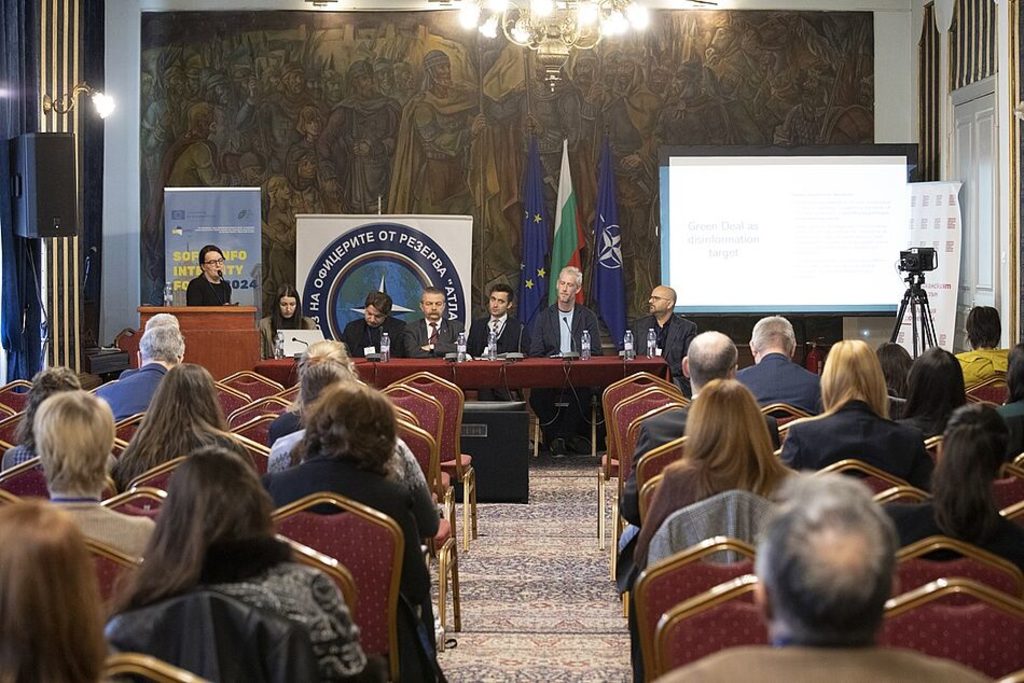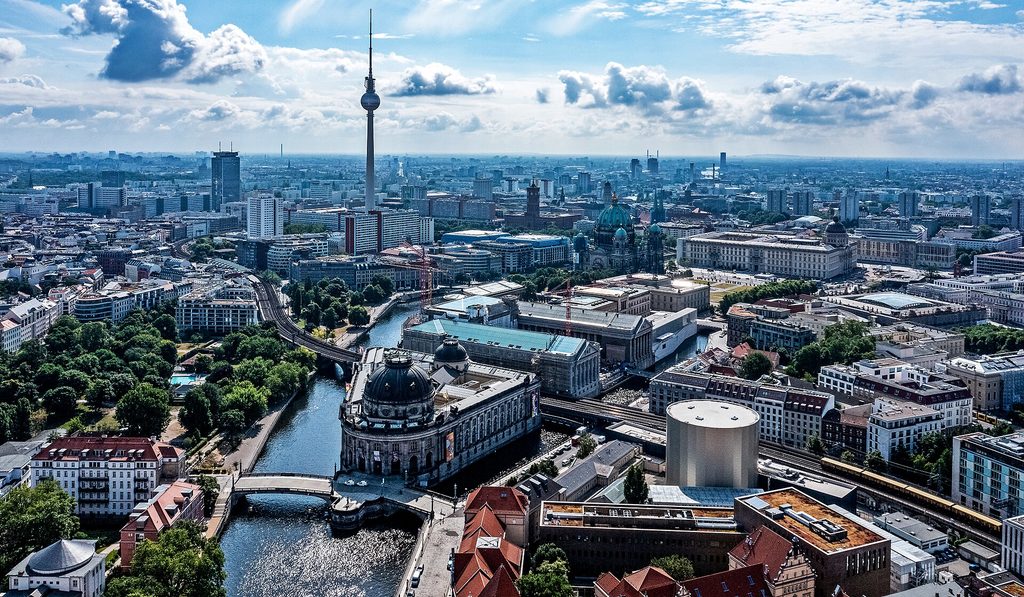In a world where information spreads faster than truth, tackling disinformation has become a global priority. This pressing issue has been at the centrestage of discussions in Berlin, where I am currently attending the first Visitors Programme of the Federal Republic of Germany for 2025.
Organised by the Goethe-Institut on behalf of the Federal Foreign Office, the week-long intensive and stimulating discussions has been centered on the “Role and Responsibility of Influencers and Media Practitioners in Dealing with Disinformation and Foreign Information Manipulation and Interference (FIMI).”
For me, this journey has been more than just a professional exchange—it has been an eye-opening experience that has broadened my perspectives on the complex challenges of disinformation as a content creator and strategic influencer.
Travelling all the way from Fiji to Berlin for this exchange has been a transformative journey. Whilst interacting with journalists, editors-in-chief, producers, content creators, bloggers, influencers, and investigative journalists from 16 different countries, I have expanded my understanding of disinformation and the varying global approaches to countering it shared by lived experiences from my fellow participants.
Participants hailed from countries as diverse as Tajikistan, Kazakhstan, Colombia, the Philippines, Egypt, Georgia, Slovakia, Brazil, Botswana, Serbia, South Africa, Ukraine, Kosovo, Fiji, Mali, and Bosnia and Herzegovina. Each brought unique insights into how their societies grapple with disinformation, especially during pivotal moments such as elections. I foresee the learnings as important to Fiji as we prepare for our upcoming general elections in early 2026.
Key takeaways: Government communication and democratic challenges
Among the many discussions during the program, the thematic areas that stood out for me so far, the role of government communication in countering FIMI and the impact of disinformation during times of democratic decay. Observing how a surge in digital connectivity has heightened challenges, particularly in undermining public trust in science and governmental institutions.
A striking contrast emerged between European and Pacific approaches to combating disinformation. Whilst Europe leans towards regulatory frameworks focusing on behavioral patterns and holding social media platforms accountable, the Pacific region emphasises hyper-local resilience-building.
Many might be surprised to learn that disinformation is a problem in paradise. But the reality is that it is just as prevalent across the Pacific as it is in other parts of the world.
Beyond the program: Cultural immersion in Berlin
Beyond the intensive discussions, the program also offered participants the opportunity to experience Berlin’s rich cultural and historical heritage. A highlight was attending a concert at the iconic Berlin Philharmonic building. Under the baton of conductor Christian Thielemann, the Staatskapelle Berlin performed Hans Werner Henze’s Sebastian im Traum and Anton Bruckner’s Symphony No. 6.
The concert was a breathtaking experience. The Philharmonic’s distinctive architecture and world-renowned acoustics made the evening unforgettable. Additionally, a guided sightseeing tour through Berlin allowed participants to delve into the city’s storied past while fostering deeper connections with their international colleagues.
A global network united against disinformation
Over five days, the program facilitated interactions with more than 50 German spokespeople from the government, media, and non-governmental sectors. This exchange of best practices and experiences has given us the tools for new strategies to combat fake news and foreign influence operations back home in Fiji.
This program has not only expanded my knowledge, but also connected me with a global network committed to addressing disinformation. I am eager to engage with a wide range of institutions upon my return and to continue these vital conversations with my colleagues from around the world.
Looking ahead, this visitors program paves the way for continued collaboration between participants and German counterparts in fostering mutual understanding and joint efforts to address global challenges such as disinformation. Initiatives like this are a testament to Germany’s people-to-people diplomacy, offering valuable platforms for professional exchange and long-lasting connections.
For Fiji, such engagements contribute meaningfully to national efforts in navigating the digital age—placing truth, transparency, and cooperation at the centre of progress.
Sincere appreciation goes to the German Embassy in Fiji, the Goethe-Institut, and the Federal Foreign Office for enabling this enriching opportunity. It is through programs like these that bridges are built, perspectives are broadened, and dialogue between our nations is deepened for the benefit of all.
A conference in Europe to address disinformation, misinformation and information manipulation and interference. Picture: CSD.EU



